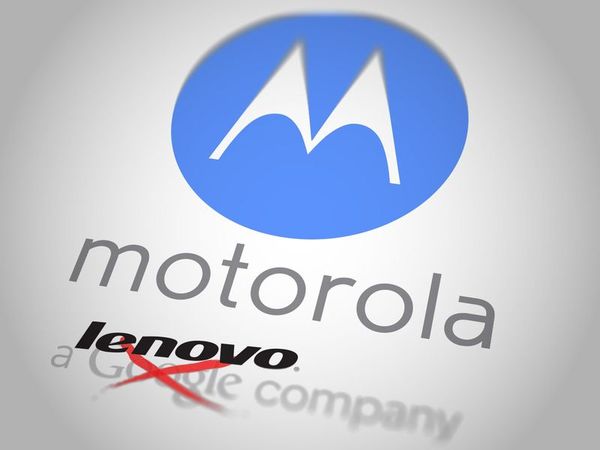Google and Lenovo deal strengthens Android ecosystem
- Selling Motorola Mobility is Google’s next step in strengthening its ecosystem, which is now in a somewhat chaotic state.
- Google finally decided to get rid of Motorola Mobility, selling it for about half the amount paid for the company three years ago
- This removes the biggest controversy associated with Android, as Google ceases to compete with other manufacturers of smartphones and becomes an even more profitable partner.

- Lenovo pays $ 2.91 billion for the smartphone-manufacturing part of Motorola Mobility, of which 661 million at once, 700 million shares and 1.55 billion over the next three years
- Lenovo gains a business that loses $ 200 million every quarter, a strong, well-known brand and about 2 thousand patents
- Considering that buying Motorola didn’t bring much benefit to Google, they sold it at a decent price.
- The current development direction of Motorola led only to endless losses, so the company had no value for ordinary investors.
- Most likely, Google sweetened the pill with two thousand patents, but for Lenovo the most important thing is the acquisition of a popular brand.
- They have earned a good deal by acquiring the ThinkPad brand and are likely to use the same strategy.
- I suspect that Lenovo will close all existing Motorola Mobility businesses and will launch its devices under this brand, promoting them through Motorola channels.
- Lenovo and Motorola together account for 6.6% of the global smartphone market, finding themselves in third place after Samsung (32%) and Apple, ahead of Huawei and LG Electronics, which occupied 5% in Q4 2013
- In itself, this does not justify the money spent by Lenovo, but they can do a lot with the Motorola brand and existing production facilities.
- Nonetheless, it will require Lenovo's carefully verified actions.
- Android is becoming widely available and in order to get a good return on your investment, Lenovo will have to come up with some cool features and software.
- Lenovo has not yet shown such talents, so they will need to find and hire appropriate specialists.
- It is unlikely that they will get such people along with Motorola, since most likely they have already left the company (and the entire advanced development department headed by former DARPA director Regina Dugan remained at Google)
- Summarizing, we can say that Lenovo has every chance to get a good return on the money spent, but it will need to somehow allocate its products using software and services.
- We must constantly remember what a catastrophe turned into the absorption of the Siemens telephone business by BenQ
- For Google, this deal is much more important.
- A recent agreement with Samsung on intellectual property along with this step suggests that the Android ecosystem has finally matured
- Android licensing companies may no longer fear Google’s competition and will focus on building quality smartphones.
- This removes the controversy between the companies associated with Android and allows them to unite in one team.
- The Android ecosystem’s popularity is incredible, but user activity still lags behind iOS
- Users are not particularly loyal and application developers earn not so much
- All this should change and apparently Google decided to take serious steps to remedy the situation and take its place as the leader of the pack.
- With increasing user activity and loyalty, Google will be able to collect more data about it and sell more advertising.
- That’s why in the long run, there may be a conflict between Google and Samsung.
- Profits in the smartphone market will fall, as products from different manufacturers will be less and less different from each other and to save their profits, Samsung will be forced to engage in services
- The only way to move in this direction is to replace Google services with your own
- Moving users from the Google ecosystem (on Samsung devices) to the Samsung ecosystem (on Samsung devices) will increase user loyalty and keep prices at a higher level, while maintaining high profits.
- Recent changes in the Android camp did not affect my confidence in the inevitability of this war
- If the ecosystem develops according to Google’s plans, Samsung, LG Electronics, Sony Mobile and Huawei will be the main beneficiaries.
- This is bad news for Microsoft and its allies, whose hopes were tied to chaos and controversy within the Android camp.
')
Source: https://habr.com/ru/post/210872/
All Articles